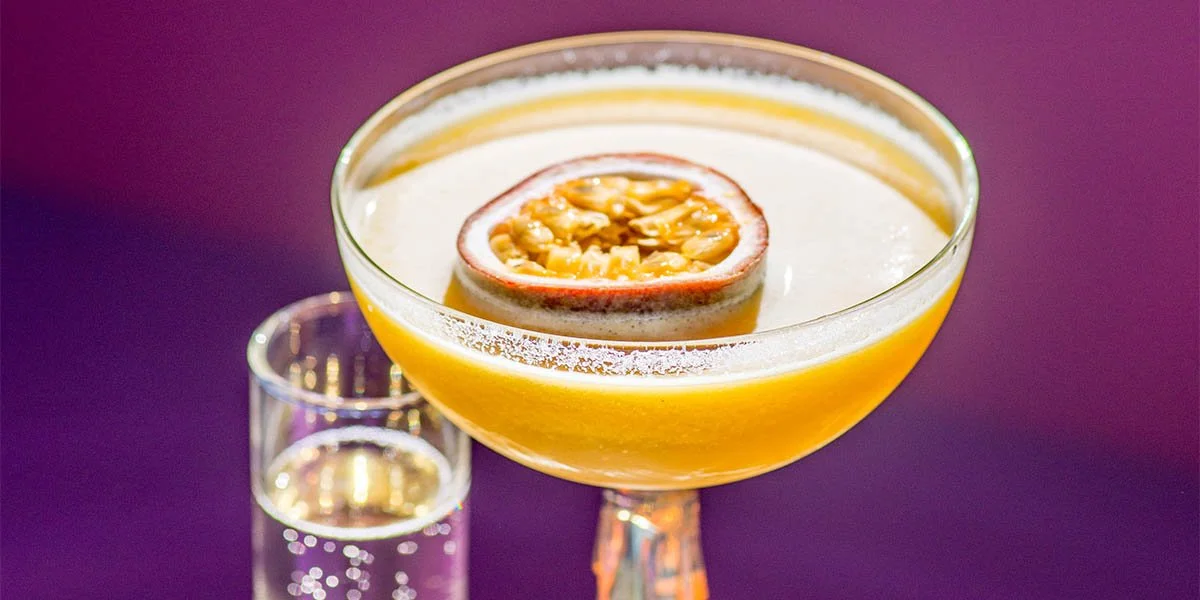Coriander forms one third of what might be thought of as the holy trinity of traditional gin, combining with juniper and angelica to produce what we think of as a typically ‘ginny’ flavour. As an “unashamedly classic” gin, our January Gin of the Month, The West Winds Gin's The Sabre, features coriander fairly prominently – albeit along with some more unusual antipodean additions.
In fact, coriander is the second most common botanical after the ubiquitous juniper, appearing in almost nine out of ten gins and bringing a warm, spicy tang to gin along with pronounced citrus notes that are very easy to mistake for lemon.
The vast majority of the time, it is coriander seeds rather than the familiar green leaves that are used for making gin – the dried fruits of Coriandrum sativum to be precise, a plant which comes from the same family as its gin-pal, angelica.
The plant grows widely across Western Asia and Southern Europe and is a common ingredient in the cuisines of those regions, as well as Indian, South American, Chinese and African cooking. The seeds, which have a warm, nutty, spicy, citrusy flavour, are used widely in spice mixes. They are known as dhana in Indian cuisine, where they are roasted and eaten as a snack called dhana dal. Outside Asia, coriander seed is often used in pickling and curing.
The leaves (known by coriander’s Spanish name of ‘cilantro’ in North America) taste different to the seeds – and indeed, even taste different to different people. While some while some find coriander leaves pleasantly citrusy others find the smell and taste soapy or rotten.
Scientific studies have suggested there is a genetic component to which group you fall into.
Coriander can have a narcotic effect if too much is consumed and hence used to be known as ‘dizzycorn’, in reference to the behaviour of animals who had eaten it. There are also a range of health benefits traditionally attributed to coriander, including the relief of stomach upsets and flatulence, as well as rheumatism and arthritis.
Coriander was cultivated in Ancient Greece from at least the second millennium BC, and Hippocrates reportedly recommended the use of the herb for medicinal purposes.
Coriander seeds were also used as funeral offerings in Ancient Egypt and have been discovered in the tomb of Tutankhamen. In China, the herb once had a reputation for making people immortal and plays an important part in Chinese herbalism.
While we can’t guarantee immortality, what is certain is that coriander is responsible for making many of our favourite gins delicious – and next time we’re feeling a bit light-headed after one too many G&Ts, we might try blaming the dizzycorn!
Coriander Detox Juice
Juicing has become a popular way to get a big hit of vitamins into your diet. It’s also a fantastic way to detox if you’re so inclined. Here’s a great recipe using fresh coriander leaves that’s sure to put a spring back into your step.
If you don’t have a juicer at home, you can blend the ingredients instead (starting with the coriander and a little water, then the ginger lemon and lime, then the cucumber) and then strain the mixture through a fine sieve or cheesecloth.
Ingredients (makes just over 1 litre)
1 bunch of fresh coriander (leaves and stems)
2 fingers of fresh ginger
1 lemon
1 lime
3 large cucumbers
Instructions:
Push coriander through the juicer. One at a time, push ginger, lemon, cucumbers and lime through the juicer. Serve.















 plus all of your
plus all of your
 See Bronze Benefits
See Bronze Benefits
 plus all of your
plus all of your
 See silver Benefits
See silver Benefits
 plus all of your
plus all of your
 See gold Benefits
See gold Benefits